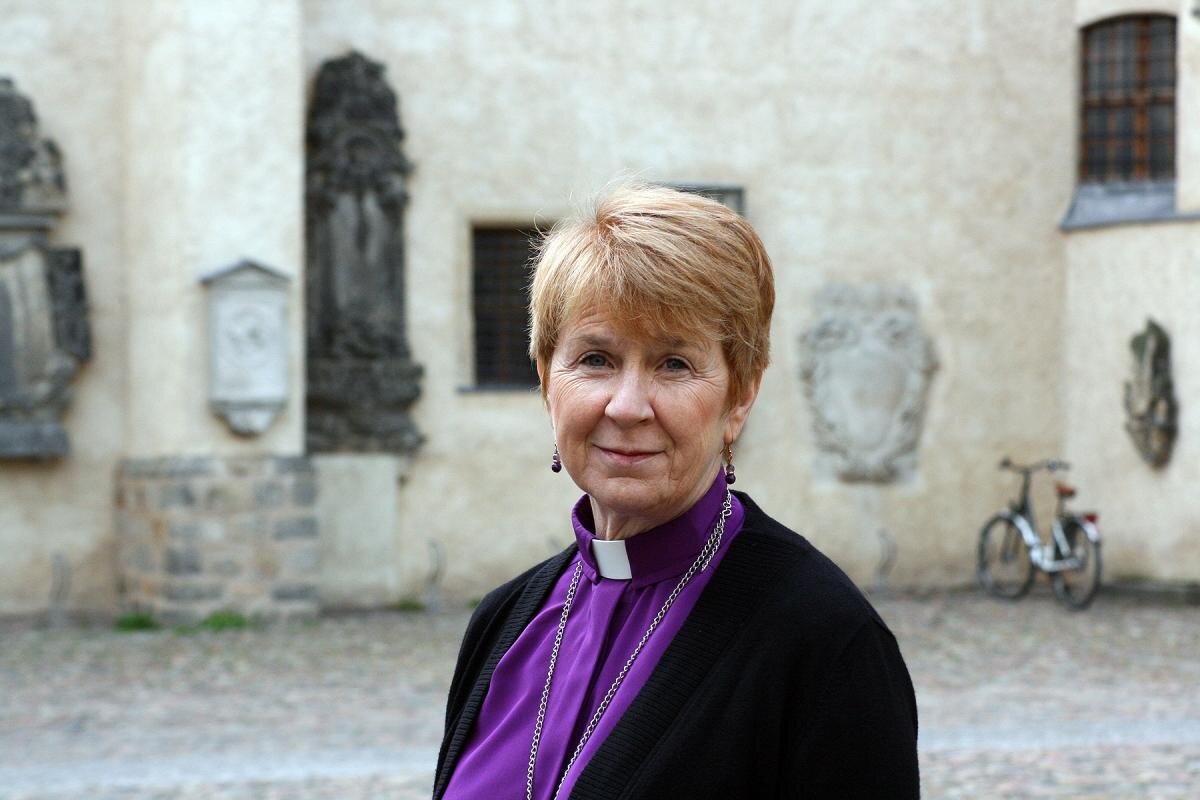Bishop Hutterer: Protecting our vulnerable by waiting to gather in-person
I have been encouraged to respond to what I believe is an ill-advised statement to “open houses of worship,” given all the evidence that the coronavirus is still spreading. This week, the COVID-19 death toll across our country reached 100,000 souls. To date, infections number over 17,000 in Arizona and over 8,000 in both Nevada and Utah. Over 1,300 people have died in the three states.
Such statistics testify this is not the time to gather in-person.
As I read resources about in-person worship, I would sum up the guidance to churches in one, simple phrase: “Just because you can gather for worship, doesn’t mean you should.”
I agree with this sentiment. This is not the time to put aside our concerns for the well-being of the most vulnerable in our communities: people who live in poverty, seniors, Native, Black, and Latinx persons. Each of these communities is disproportionately affected by COVID-19.
There are many things we do not know about this virus. Public health officials and the medical community continue to share what they know, which is that this airborne virus spreads most effectively where people gather in enclosed spaces for extended amounts of time. We don’t know why some places seem to be spared and some devastated, but we do know this virus has a gravity of contagion, and won’t stop spreading until our communities reach herd immunity of 60-80% through infection or vaccine. We know we may go through rolling waves of in-person gathering levels as infections affect different local communities in our geographically vast synod. The Navajo Nation is a current hot-spot, and any of our communities could be next.
The Grand Canyon Synod is one of the five synods in Region 2. Three synods—Sierra Pacific, Pacifica, and Southwest California—encourage congregations to refrain from in-person gathering through the end of July. The Rocky Mountain Synod is encouraging online worship—what has proven to be a very effective tool for evangelism—until the end of August. I have encouraged that there be no in-person gathering until the deaths or cases of newly infected decrease for a minimum of 14 days. At that point, small groups under ten could begin to gather. After 28 days of decrease, groups of less than 50 could begin to gather.
Please remember, worship is not the only reason we come together as congregations. Throughout our synod, we hear the encouraging news of how people are gathering and connecting in new ways for Bible Study, service opportunities, prayer, and other acts of compassion and care. We are witness to great conversations of discussing hopes for ministry now and on the other side of this pandemic.
Such conversations form an idea we wish to share for further discussion: before we move into trying to navigate all of the restrictions that are currently in place for in-person worship, perhaps our best time and energies are spent gathering for Bible Study, services of contemplative prayer, and providing food for people in our communities who are in need. We could do this while gathering in-person as minimally as possible. Imagine what might come out of such times of study, prayer and service that would inform how we will worship when we are able to safely gather again!
I am weary of sheltering in place. I miss hugging my parents. I miss gathering around the Table for Holy Communion. I miss being on the road to visit the congregations and ministries of our Grand Canyon Synod. I miss having the chance to connect with you in ways other than Zoom.
And yet I am hopeful. Hopeful that the infection and death rates for COVID-19 will begin to decline, and grateful our choices are contributing to that. Hopeful that we, as followers of Jesus, will act with concern for the well-being of all. Hopeful because of the weekend worship I experience when I have dropped by our congregations as they are online. Hopeful because I see Christ’s presence in the care and concern that is being offered by our congregations and ministries to the many who are in need.
God works through you in your witness of hope in midst of uncertainty. God works through you as you are patient, wise and discern how this time deepens our trust and places where we listen for God’s leading and guiding.
The Holy Spirit is active and alive, is blowing away the old, and blowing in the new.
The Rev. Deborah K. Hutterer
Bishop
Grand Canyon Synod of the ELCA


